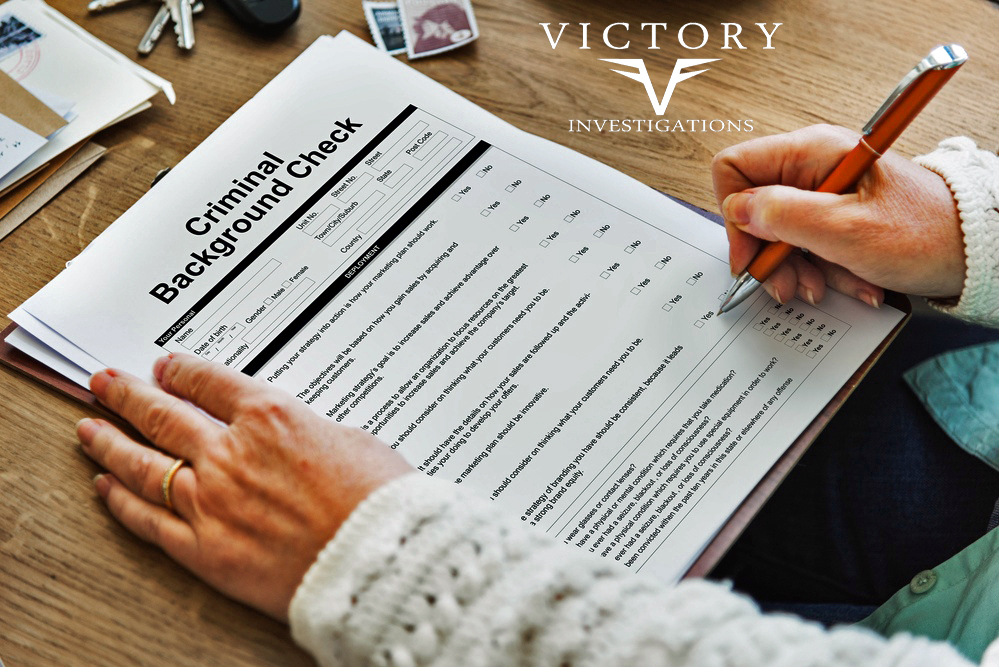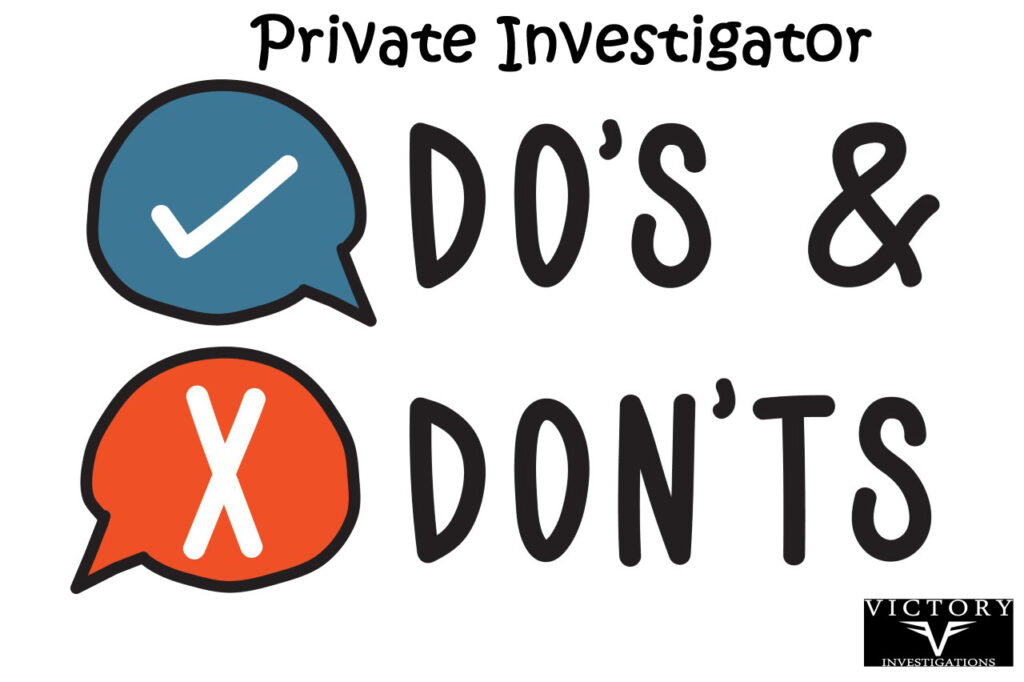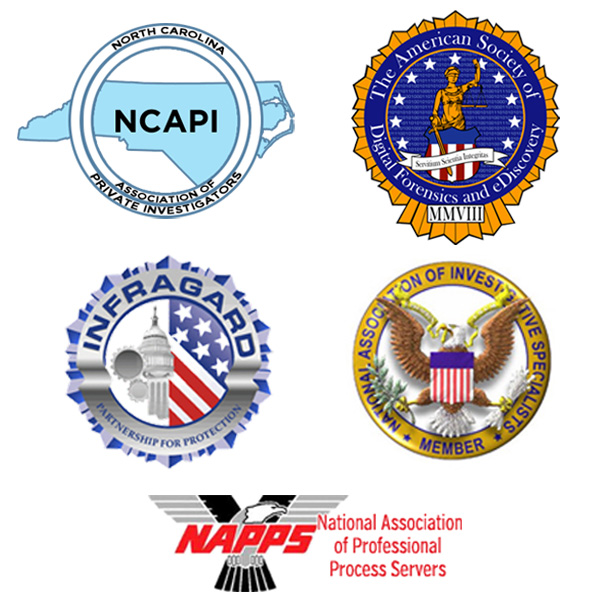Life’s complexities often requires the expertise of professionals who possess specialized skills and resources that can assist in traversing such complexities. When faced with situations that demand discreet and thorough investigations, hiring a private investigator (PI) can be the key to uncovering the truth. However, the process of selecting the right PI can be daunting, as it involves entrusting them with sensitive information and entrusting them to handle delicate matters with utmost discretion and professionalism. In this comprehensive guide, we’ll walk you through the essential steps to hire a private investigator, ensuring you make an informed decision to achieve the desired results.
Understanding the Needs to Hire a Private Investigator
Before getting to far into the hiring process, you should assess, firstly, whether your situation warrants the services of a private investigator or not. PIs are often sought for various reasons, including but not limited to:
Background Checks
Whether you’re considering hiring a new employee, vetting a potential business partner, or exploring a romantic relationship, conducting a thorough background check can provide invaluable insights and help mitigate potential risks.
Infidelity Investigations
Suspicions of infidelity can strain even the strongest relationships. You can hire an investigator to discreetly gather evidence, allowing you to make informed decisions about the future of your relationship.
Locating Missing Persons
If you’re searching for a long-lost relative, friend, or debtor, a PI’s skip tracing expertise can be invaluable in locating individuals who have seemingly vanished.
Asset Search and Net Worth Investigations
In cases involving financial disputes, asset searches, and net worth investigations can uncover hidden assets, income sources, and potential fraudulent activities. Hire a pi to uncover assets or hidden accounts.
Choosing the Right Private Investigator
With a clear understanding of the investigative services you need, the next step is to identify and select the most suitable private investigator for your case.
Licensing and Credentials
It’s essential make sure the investigator you’re considering is licensed and operates within the legal boundaries of your state or jurisdiction. Reputable PIs should be transparent about their credentials and/ or certification provide proof of licensing upon request.
Experience and Specialization
Different types of investigations may require specific skills and experience. Look for a PI who specializes in the area relevant to your case, whether it’s to conduct surveillance, perform infidelity investigations, corporate espionage, or skip tracing.
Reputation and References
A PI’s reputation and references can speak volumes about their professionalism, discretion, and track record of success. Seek recommendations from trusted sources, read online reviews, and make sure you ask for references from potential candidates.
The Hiring Process
Once you’ve identified a few potential candidates, it’s time to hire someone and ensure a smooth working relationship.
Initial Consultation
A good PI will offer a free & confidential initial consultation, during which you can discuss the details of your case, ask questions, and gauge their level of expertise and approach.
Pricing and Contract Terms
Be prepared to discuss pricing and contract terms upfront. Reputable PIs should provide transparent pricing structures and clearly outline the scope of their services, deliverables, and confidentiality agreements.
Communication and Progress Updates
Establish clear communication protocols and expectations regarding progress updates. A professional PI should keep you informed throughout the private investigation and promptly address any concerns or questions you may have.
Ethical and Legal Considerations
Hiring a private investigator can be complex, regarding the legal and ethical concerns. It’s essential to understand the boundaries and ensure that the PI you hire operates within the extent of the law.
Privacy and Confidentiality
Private investigators must respect the privacy rights of individuals and maintain strict confidentiality regarding the information they gather. Discuss these expectations upfront and ensure that your PI adheres to industry best practices.
Legality of Surveillance Techniques
Certain surveillance techniques, such as wiretapping or intercepting communications, may be illegal without proper authorization. Ensure that your PI employs only legal and ethical methods of investigation.
Evidence Admissibility
If your investigation may lead to legal proceedings, it’s crucial to ensure that the evidence gathered by the PI is admissible in court. Discuss this aspect with your PI and seek legal counsel if necessary.
Building a Productive Relationship
A successful investigation often hinges on the relationship between the client and the private investigator. To foster a productive partnership, consider the following:
Open and Honest Communication
Provide your PI with all relevant information upfront and maintain open lines of communication throughout the investigation and provide additional information, as needed. This transparency can help streamline the process and avoid misunderstandings or delays.
Reasonable Expectations
While PIs are skilled professionals, it’s important to have realistic expectations. Discuss timelines, potential challenges, and limitations to ensure you’re on the same page. A PI cannot guarantee an outcome of a case. They can merely offer their time and expertise and best efforts to reach an optimal conclusion.
Trust and Confidentiality
Building trust and maintaining confidentiality are paramount in the client-PI relationship. Respect the PI’s need for discretion and allow them to conduct their investigation without unnecessary interference or micromanagement.
Hiring a private investigator can be a complex and delicate process, but by following these guidelines and exercising due diligence, you can increase your chances of achieving the desired outcomes. Remember, a reputable and experienced PI can be an invaluable asset in uncovering the truth, resolving conflicts, and providing the peace of mind you seek.













